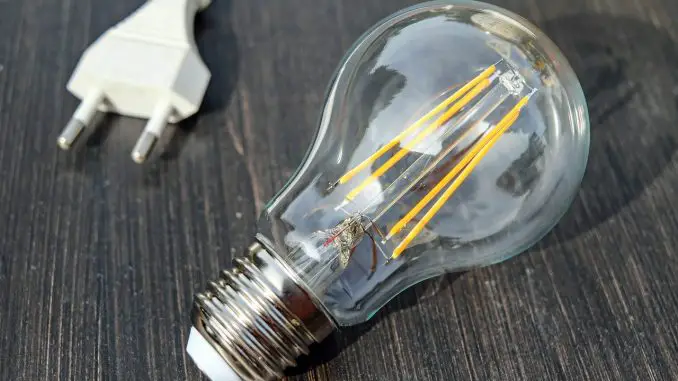
Do you want to reduce your energy consumption? Saving energy saves means saving both the environment and money. In this post, we share 5 great tips for reducing your energy consumption.
1. Change to a heat pump
A heat pump saves up to 65% of the heating costs. They extract heat from air, soil, water, or rock. Which one suits you best depends on your circumstances and desires.
The investment cost is relatively high for many heat pumps, but the benefit is that they can still be economical since the variable costs of heat are low. In an electrically heated house, a heat pump can halve the electricity consumption for heating and hot water.
2. Replace mixer
Changing mixers may not be the first thing to think about in order to save energy, but it is actually true. With modern mixers and good habits, you and your family can save a lot of water and energy while maintaining comfort.
3. Replace radiators thermostats
Switching to new digital thermostats on the elements is a small investment, but a big saving. They are programmed to adjust the temperature during the day. You get the same comfort, but significantly lower energy consumption.
4. Go from electricity to water
If you have direct-acting electric heating today, you can be a real winner this winter! Then we replace your old boiler with a heat pump and draw water-based heat throughout your house (also in the form of underfloor heating).
It will be a major investment, but the greater will be the energy gain and comfort.
Heat pumps are one of the most popular heat sources today. Sales of heat pumps have increased steadily since the mid-1990s.
Whether the use of the heat pump is truly environmentally friendly depends on the type of electricity the heat pump is powered by. By choosing eco-labeled electricity, climate impact can be significantly reduced.
5. Service the heater
After all, if you enjoy your old heating boiler (oil/pellets/wood), you still have a lot to gain from servicing it and adjusting it regularly. This can save you a lot of energy.
Bonus tips
There are so many things to do when it comes to reducing your energy, so below are some additional tips and advice to reduce energy.
When cooking on the stove it is good to choose saucepan according to the size of the plate, and cook with a lid. By doing so, you can save 80 percent of your energy. Utilize the after heat on the stove and oven when cooking. Do not unnecessarily turn on the kitchen fan as it draws out hot air.
Choose the right cooker when you buy a new one. For example, an induction stove consumes 40 percent less energy than a cast-iron stove – and a stove with glass-ceramic hobs about 20 percent less.
Use the dishwasher, it can take up to four times more energy to wash by hand because it consumes a larger amount of hot water then. However, dishwasher detergent is more expensive than a hand dish detergent.
Wash at 40 degrees instead of 60 degrees, it can almost halve energy consumption. Always fill the washing machine properly. If it is only half full, it consumes almost as much energy as a fully filled machine. Drive at maximum speed when you spin the laundry, this reduces the need for drying. A tumble dryer consumes four times as much electricity as a washing machine and a dryer cabinet consumes twice as much. Therefore, it is always best to air dry the laundry.
Insert new sealing strips around doors and windows. To keep warm during the winter, you can fold down blinds or blinds during the night. And lower the temperature indoors. To a lesser extent, energy use is reduced by as much as five percent.
If you drink tea or instant coffee, it is usually cheaper to heat the water in a tea kettle instead of in the microwave or on the stove.
After cooking, make sure you turn off the fan above the stove.
When boiling something on the stove (for example, boiling pasta water), make sure to use lids as the liquid boils faster.
Sure, it’s good to have some lights on outside the house at night to help keep the thieves away, but if you connect the lights to a sensor that turns the lights on when someone is on your site, you save a lot of electricity.
Do not leave lights on in rooms that no one is in.
Use dimmers to control the light source. It is not always necessary to have the lights at full strength.

Leave a Reply